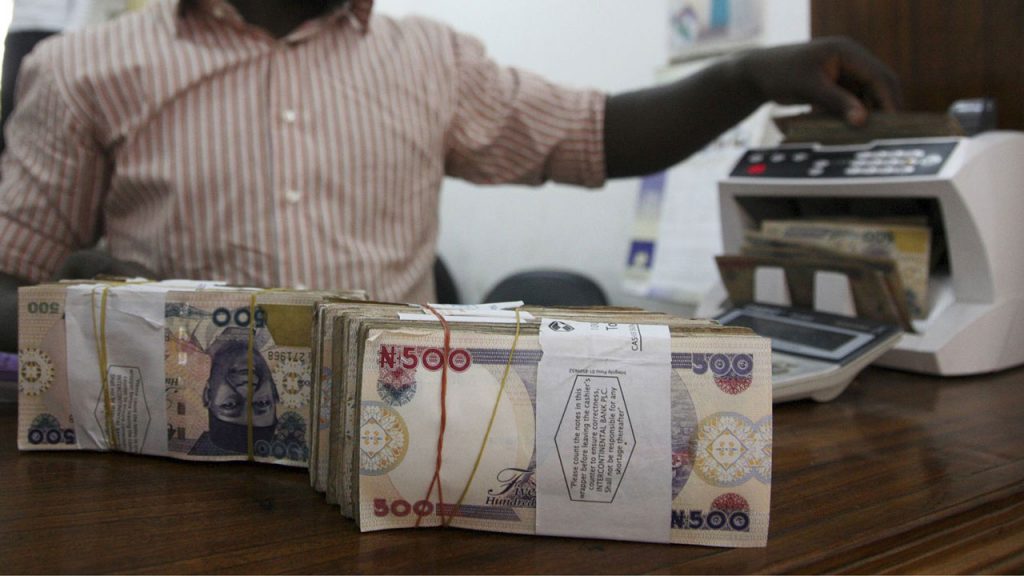CEM REPORT, FINANCE | Despite the tightening of the monetary policy position of the CBN in 2022, Private Sector in Nigeria has received loans worth N41.8 trillion as of December 2022.
This is the highest level of credit on record to the private sector, representing 18.8% of the 2021 figure.
This also represents N6.61 trillion in new net loans compared to N35.19 trillion as of the beginning of 2022.
This is according to the latest data from the Central Bank of Nigeria (CBN).
Arguably the increased private sector credit has not led to equivalent economic growth, signifying that acquired credit did not mostly go towards increased production and may have been used instead for personnel costs and debt servicing.
An analysis of CBN statistics from Q3 2022 shows that the following sectors are the main recipients of deposit money banks (DMBs) credit: Manufacturing; Oil and Gas; Government, and; Trade/General Commerce. These sectors have continued to demand credit despite interest rate hikes, inflation, and a scarcity of foreign exchange.
Conversely, some sectors have stagnated in lending from DMBs. Lending in the Mining & Quarrying sector has stalled since the increases in MPR after Q1 2022, a phenomenon also experienced in the Power & Energy sector.
Meanwhile, Credit to the government in the period under review, also increased significantly, with N11.33 trillion in new credit being acquired representing a 92% surge from 2021’s loan figure.
As of December 2022, total credit to the government stood at N24.66 trillion.
The bulk of the government’s credit comes as a result of the Central Bank’s Ways and Means provision. This clause allows the government to finance deficits caused by revenue shortfalls with emergency loans from the apex bank.
Recall that the Central Bank raised the benchmark interest rate by a cumulative 500 basis points in 2022 from 11.5% to 16.5% before raising it by an additional 100 basis points in January 2023.
Nigeria’s economy grew at a slower rate in Q3 2022 to 2.25% from 3.54% and 4.03% recorded in the previous and corresponding quarters of 2021.












